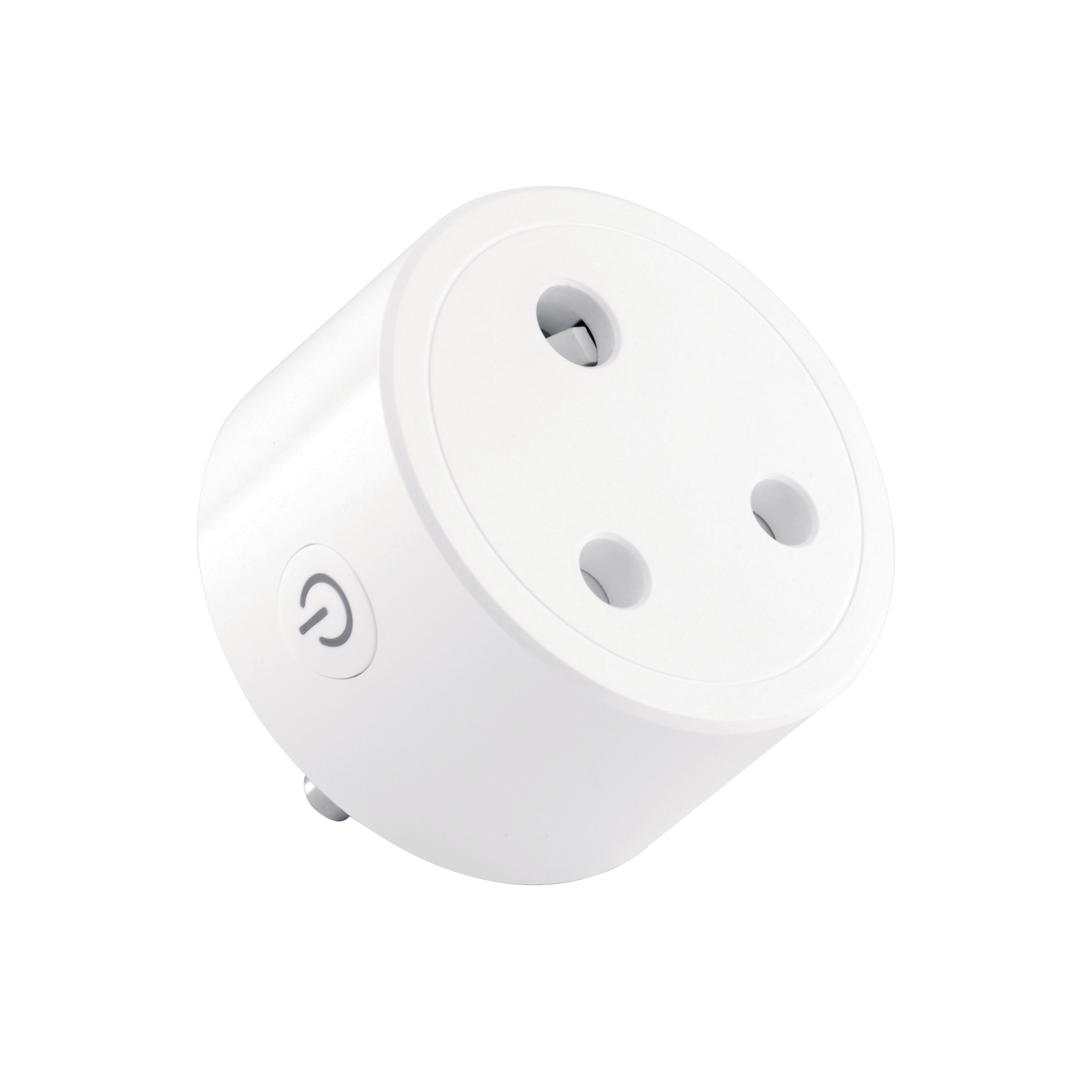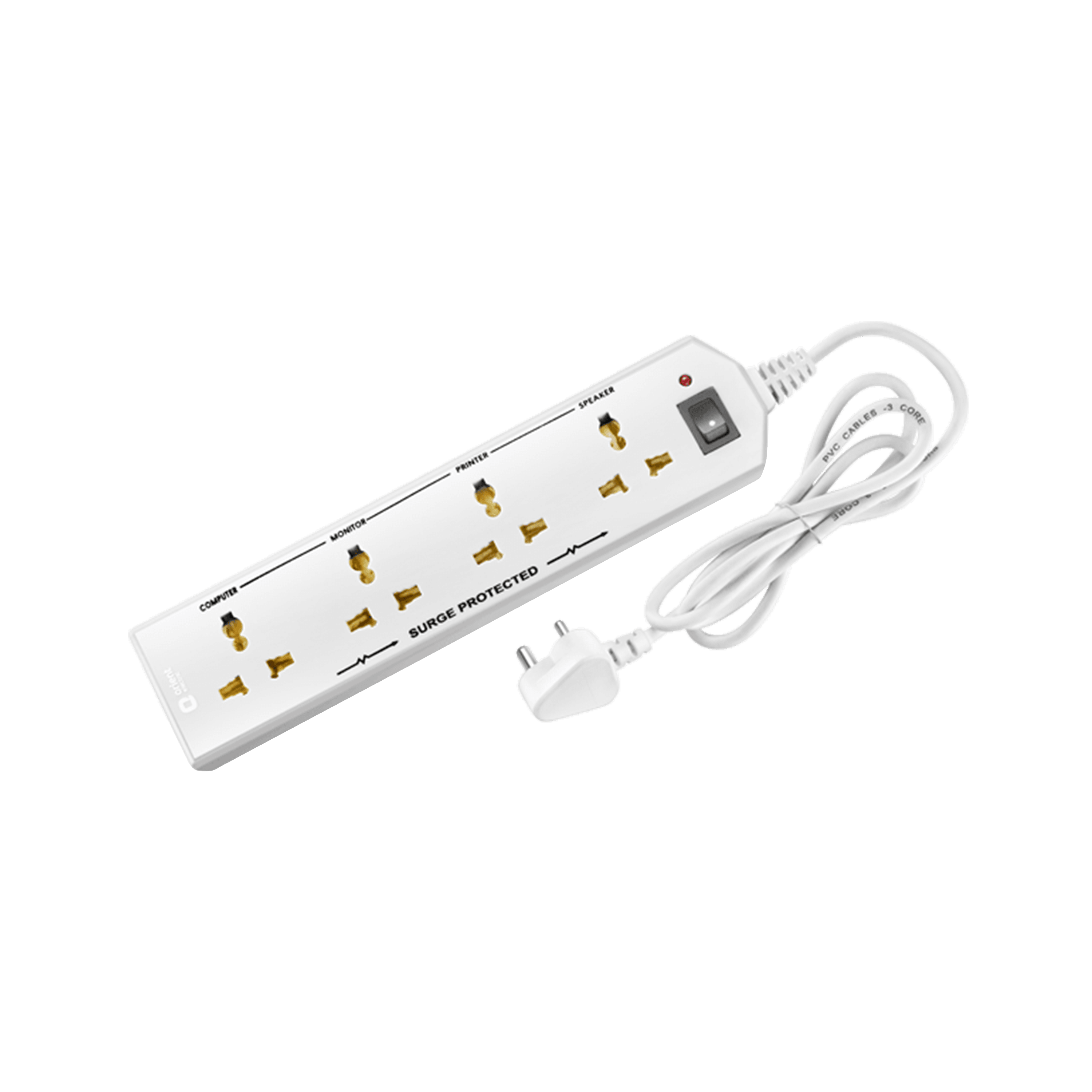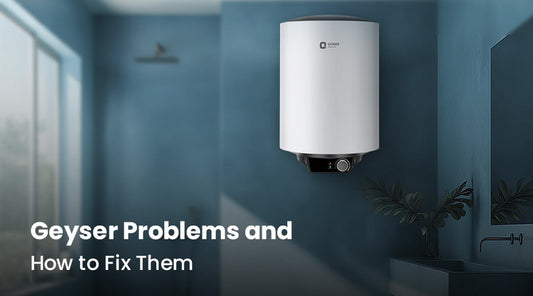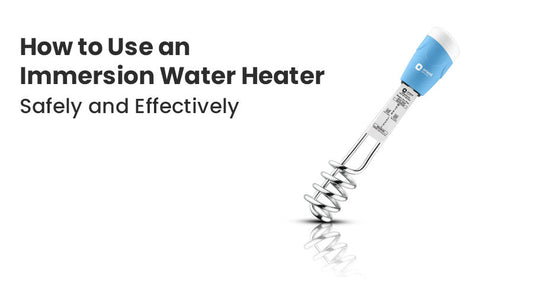
5 Signs It’s Time to Replace Your Old Water Heater

A water heater is your true companion in winters, providing you the much-needed warmth and comfort in everyday life. Whether it be a hot shower in the morning or a relaxing bath after a long day at work, having a water heater at home during winter season is pure bliss. Having said that, it would be a nightmare if your water heater suddenly stops working on one of those cold days. Right? Like all other electrical appliances, electric geysers have a lifespan of their own, and it’s better to replace an old water heater before it fails completely. In this article, we will discuss some of the key signs that indicate the need to replace your old water heater with a new one, so that you can continue enjoying those hot baths. How do you know when the water heater should be replaced? Let’s dive into the Article.
Is Your Water Heater Over 10-12 Years Old?
Water heaters are typically built to last for about 10-12 years, but as they age with regular usage, their efficiency and reliability can reduce significantly. While one may continue using an old water heater, it may not function as it used to. As the time passes, wear and tear come into the picture, causing leaks, higher electricity bills, and an overall reduction in the water heating performance. In case your electric geyser is over 10 years old, it’s recommended that you get yourself a new one with advanced features.
Tip: You can check the serial number on your water heater, which usually has the manufacturing date. Alternatively, you can check the invoice if you have saved it online or kept it safe somewhere. If your geyser is past 10-12 years mark, consider getting a replacement.
Are You Seeing Rusty or Discolored Water?
Do you see seen rusty or discolored water coming out of your hot water outlet? Or the water has a metallic taste to it? Is it’s so, chances are that your water heater tank has been affected by corrosion. With the passage of time, corrosion which usually happens due to hard water can adversely affect the water heater tank, resulting in leaks and rust. Rusty water also indicate a failing anode rod, which sits inside inside the tank. Rusty water not only looks unappealing, but it can also leave stains on bathroom tiles and other fixtures. Therefore, if you are experiencing such a problem, it’s an indication for you to consider a replacement.
Tip: To avoid the problem of corrosion, it’s advisable to invest in a water heater which comes with corrosion resistant water tank. Orient Electric water heaters have Ultra Diamond Glassline coated tank which is resistant to corrosion.
Frequent Repairs and Rising Utility Bills
If your water heater is not operating smoothly and you are making calls to your plumber more than often, it’s a clear sign of problem. Also, as water heaters age, their efficiency continues to decline which becomes evident from the spike in your monthly electricity bills in winters. If that’s the case, investing in a new water heater will be a cost-effective option instead of continuing to spend on repairs. Also, there is a new breed of energy efficient water heaters in the market, which will help you save on your water heating costs.
Strange Noises Coming from the Tank
Is your electric geyser making strange noises like rumbling, screeching, popping, or humming? One of the common causes behind this is the sediment build-up inside the tank, which is quite common with the old units. Just for your understating, minerals present in the water start to settle at the bottom of the tank during the heating process. As time passes, this sediment gets hardened and impacts the tank’s efficiency which further leads to leaks. While flushing the tank is an option here, doing it repeatedly especially for older geysers won’t be effective. If you continue to hear noises even after flushing, it’s time that you go for a new geyser.
Your Water Heater Can’t Keep Up with Demand
If you have been using a water heater for about 4-5 years now, you must have noted the difference in the hot water supply — from when it was new to how it performs now. With an older unit, you are likely to run out of hot water faster owing to your geyser’s decreased efficiency or capacity. If your hot water requirements are not being met, it’s likely time to get a new geyser. In some cases, it’s simply the increase in family size.
While replacing your water heater is an important decision, catching the aforementioned signs in time can save you from the trouble of a complete breakdown on a chilly winter morning. There is a wide variety of storage and instant water heaters in the market today, which come with superior quality tanks and an array of user-friendly features. So, if you are facing issues with your old water heater, it’s time you invest in new, stylish, and technologically advanced water heater for your home.
Frequently Asked Questions (FAQ)
1. When should I replace my old water heater?
Ans. You should replace your water heater when:
- It’s 10-12 years old (for storage water heaters) or 6-8 years (for instant water heaters).
- It shows frequent issues like leaks, rust, or reduced efficiency.
- Your energy bills increase despite regular maintenance.
- The water takes longer to heat or never reaches the desired temperature.
- If you notice these signs, replacing it will save energy and prevent potential damage
2. What are the signs of a water heater going bad?
Ans. Key signs of a failing water heater include:
- Rusty or discolored water
- Strange noises (popping or rumbling)
- Water leaks around the tank
- Inconsistent water temperature
- Reduced hot water supply
- Higher energy bills
These signs indicate the water heater is losing efficiency and may need repairs or replacement.
3. What is the normal life of a water heater?
Ans. The average lifespan of a water heater depends on its type:
- Storage Water Heaters: 10-12 years
- Instant Water Heaters: 6-8 years
- Immersion Rods: 3-5 years
- Regular maintenance and using quality water (low in minerals) can extend the life.
4. What is the most common cause of water heater failure?
Ans. The most common cause is sediment buildup inside the tank. Over time, minerals in the water accumulate at the bottom, causing:
- Corrosion of the tank
- Overheating of the heating element
- Reduced efficiency and lifespan
- Preventive maintenance, like flushing the tank annually, helps reduce sediment buildup
5. What damage can a water heater do?
Ans. A faulty water heater can cause serious damage, such as:
- Water leaks and flooding, damaging floors and walls
- Electrical or gas hazards, increasing the risk of fire or short circuits
- Scalding water, posing safety risks
- Mold growth, due to water leaks
- Explosions, if the pressure valve fails



















